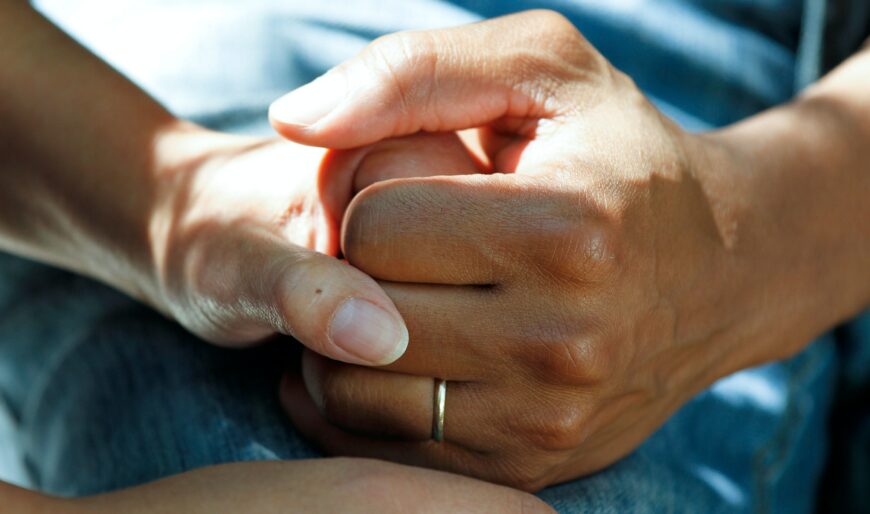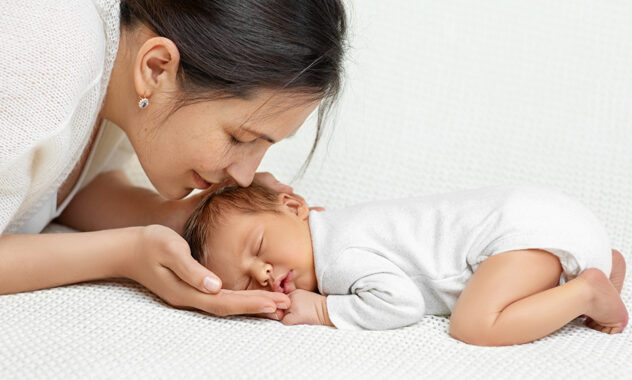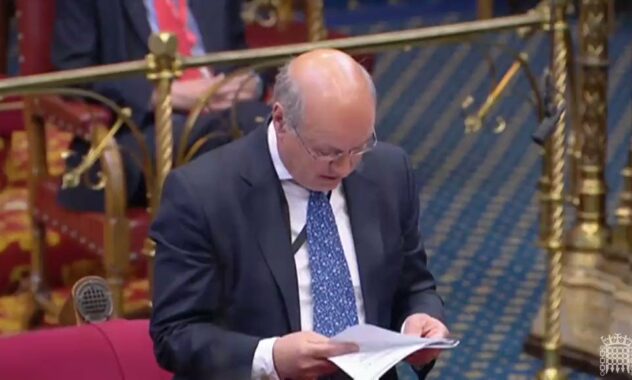Unemployed women ‘almost three times more likely’ to experience stillbirth
Campaigners warn that stillbirth rates are higher than they need to be as a result of social as well as health factors.

Unemployed women are nearly three times more likely to suffer stillbirth than affluent women, new research has found.
The study, led by pregnancy charity Tommy’s and the University of Manchester, found that making healthcare improvements may not be enough to reduce the UK’s stillbirth rate, which remains higher than that of 23 other developed countries.
High levels of maternal stress doubled the risk of stillbirth, while mothers who attended more antenatal appointments than national rules require lowered their risk by 72%.
“This research shows that stillbirth is not a problem we can solve with healthcare alone,” Tommy’s Chief Executive, Jane Brewin, said.
“The complex relationships identified here between stillbirth and social stresses make it clear that the government’s prevention strategy must extend beyond the NHS to tackle these deeper underlying issues within society.”
Speaking to the Independent, Director of Maternity Action, Ros Bragg added that women need “good employment, decent housing and well-funded maternity pay and benefits”.
“Statutory maternity pay is equal to half the minimum wage for a 35 hour week, which is wholly inadequate to support a family,” she pointed out.
“An anomaly in the Universal Credit regulations leaves women on Maternity Allowance up to £5,000 worse off than those on Statutory Maternity Pay.”







